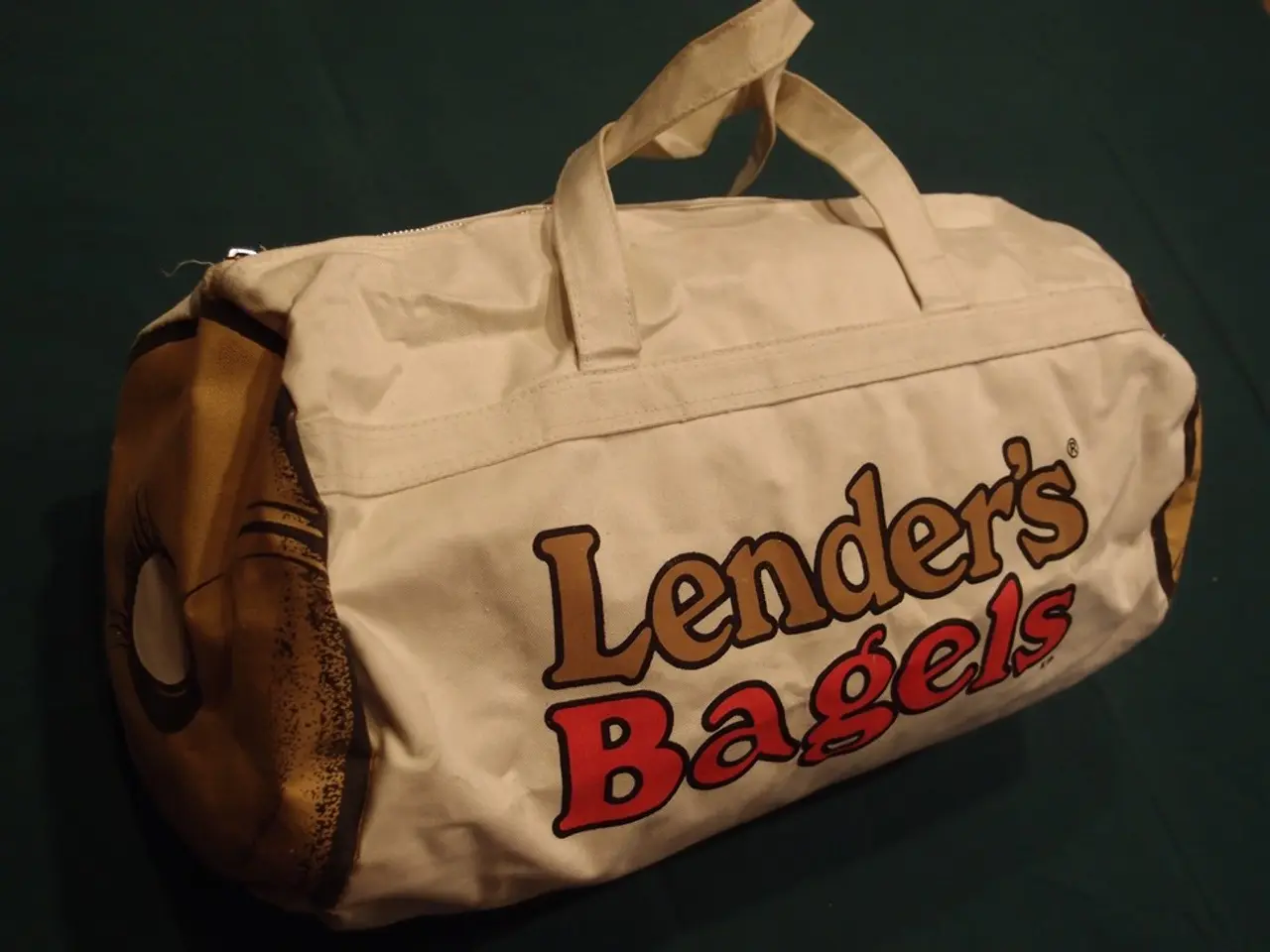U.S. Tax Agreement Praise from Thai Commerce Chamber, Government Advised to Ready for Implications
The Thai Chamber of Commerce has encouraged the Thai government to take additional measures to help Thai businesses expand into new markets and prepare for increased US tariffs. This comes as a significant move, as the tariff deal allows Thailand to remain competitive in the region.
The Thai government has planned several supportive measures to aid Thai businesses in their expansion and preparation for increased US tariffs. Key measures include negotiating a reduction of the reciprocal US tariff rate on Thai goods from 36% to 19%, effective August 1, 2025. This move is expected to mitigate the tariff impact on Thai exporters.
In addition, Thailand has offered substantial concessions to the US, such as near-total tariff exemption on over 10,000 US import items. This initiative aims to secure smoother trade relations and create reciprocal benefits for Thai businesses. The government has also pledged to reduce non-tariff barriers, like sanitary regulations, customs procedures, and certification requirements, through measures including a post-clearance audit system. This reduces delays and costs, indirectly supporting Thai businesses in managing increased US tariffs by improving overall trade efficiency.
Moreover, Thailand is opening its Eastern Economic Corridor (EEC) and infrastructure investment sectors to US companies, providing fast-track services and investment incentives in clean energy, semiconductors/ICT, and logistics. This initiative, supported by the Board of Investment (BOI), encourages US investment that may strengthen Thai industries and improve competitiveness amidst tariff changes.
Poj Aramwatananont, Chairman of the Thai Chamber of Commerce, commended the success of the 19% reciprocal tariff deal between Thailand and the US. He believes that Thailand can still compete effectively in the region with a tariff rate close to that of other ASEAN countries. Poj also urged preparations to manage imports from the US and closely monitor the "transshipment rate" set by the US at 40% for all countries.
The Thai Chamber of Commerce has suggested support for technology, finance, marketing, and innovation in trade. They also urge the private sector to support the government during the transition period to unlock Thailand's full trade potential on the global stage. Poj considered the achievement of lowering the tariff rate to 19% within a limited timeframe as a demonstration of the negotiation team's dedication, strategic understanding, and proactive negotiation abilities. He is confident that further negotiations will allow for adjustments to the conditions in the future.
The negotiation team responsible for the deal is referred to as "Team Thailand". The success of the tariff deal is attributed to their negotiation abilities. The Thai Chamber of Commerce thanks "Team Thailand" for their hard work and professionalism in protecting the country's interests. The new tariff rate is higher than the previous 10%, but lower than the potential 36% tariff.
[1] Source: Thai Chamber of Commerce press release [2] Source: Bangkok Post report on the tariff deal
- The Thai Chamber of Commerce praises the negotiation team known as "Team Thailand" for their hard work and professionalism in securing a reduced reciprocal tariff rate with the US, demonstrating their strategic understanding and commitment.
- Poj Aramwatananont, Chairman of the Thai Chamber of Commerce, applauds the 19% reciprocal tariff deal between Thailand and the US, believing that Thailand can remain competitive in the region with this tariff rate.
- In response to increased US tariffs, the Thai government is taking measures to aid businesses, such as negotiating a reduction of the reciprocal US tariff rate, offering concessions, reducing non-tariff barriers, and opening the Eastern Economic Corridor to US companies.
- The Thai Chamber of Commerce encourages support for technology, finance, marketing, and innovation in trade, urging the private sector to collaborate with the government during the transition period to unlock Thailand's full trade potential on the global stage.




